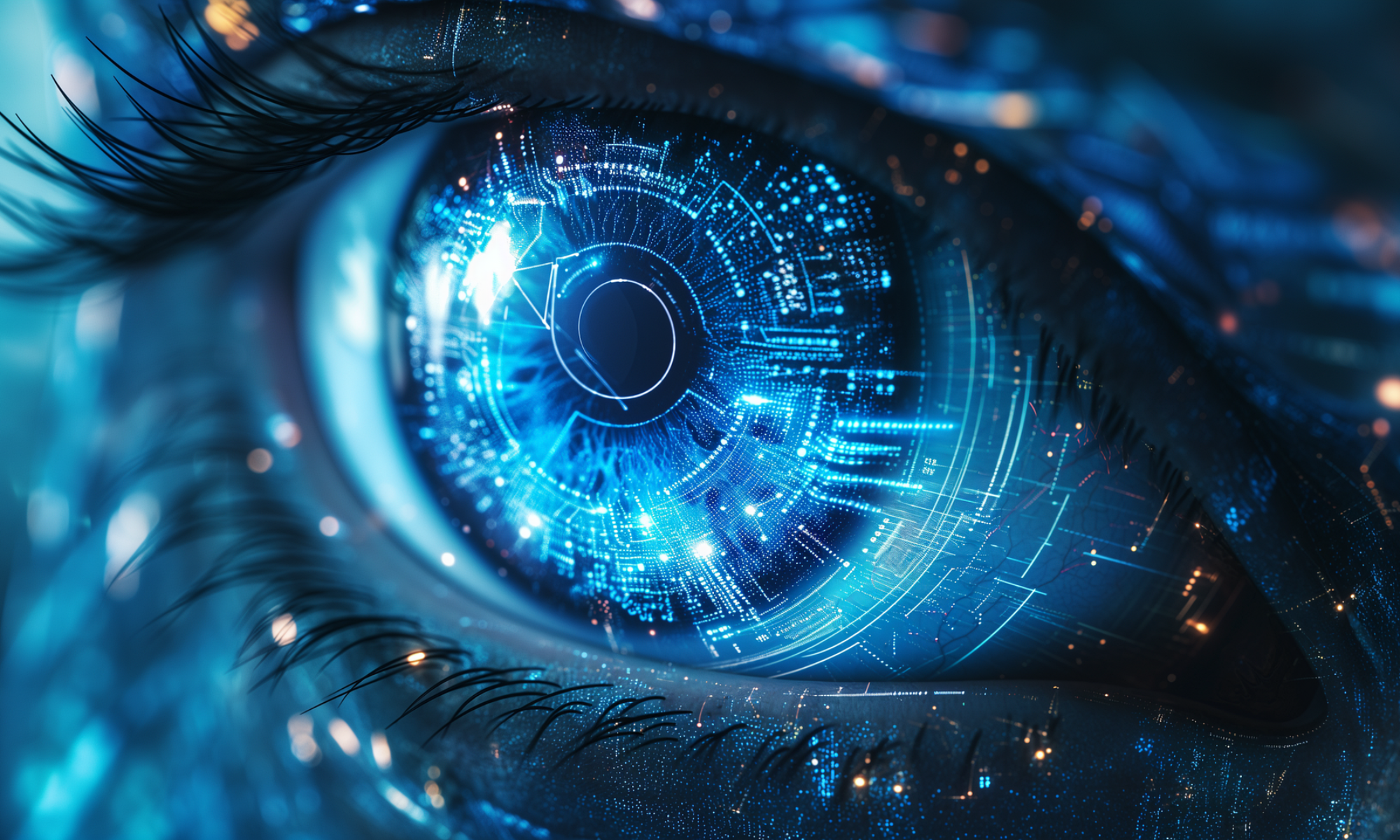Project summary
The eye serves as a window for non-invasive assessment of retinal vascular and neural tissue, offering valuable insight into our health. Extensive research has established the association between changes in retinal morphology and the increased risk for many age-related chronic diseases. These changes are also linked to healthy aging, albeit more pronounced in the presence of age-related chronic conditions.

The AI-AGE project proposes the use of machine learning (ML) algorithms and evaluation of state-of-the-art AI tools to train and create prediction models to identify novel non-invasive biomarkers of aging, and increased risk for development of age-related conditions. The idea is to utilize a large dataset of annotated retinal images from the UK Biobank, to explore deep learning (DL) techniques, most commonly based on convolutional neural networks (CNNs), such as U-Net and Res-Net, and transformers, but also to expand the research on the use of ensemble methods that combine ML techniques to improve performance and accuracy.
Finally, the research in the AI/ML domain would include experimentation and integration with Large Language Models (LLMs) such as ChatGPT and Bard, that could find use in advanced annotation, interpretation and communication of results, all in the function of crafting novel decision support in diagnostics.
AI-AGE project is implemented through partnership between the Faculty for Information Systems and Technologies (UDG) and Faculty of Medicine (UoM). The project is funded by the Ministry of Education, Science and Innovation, grant number 04-082/23-2528/1.

